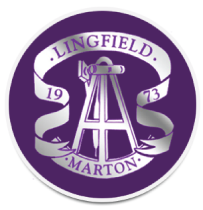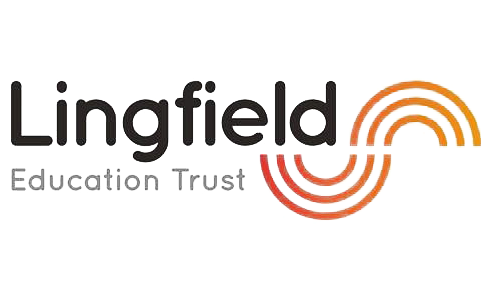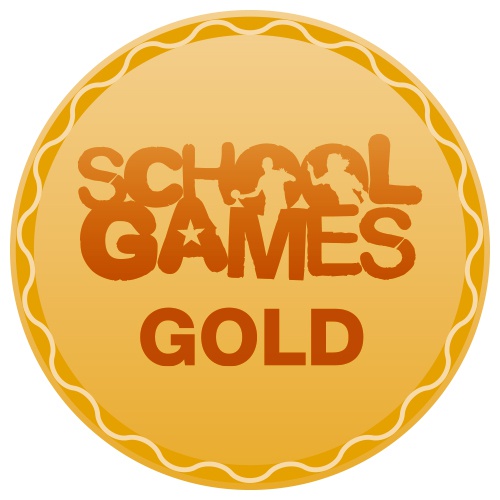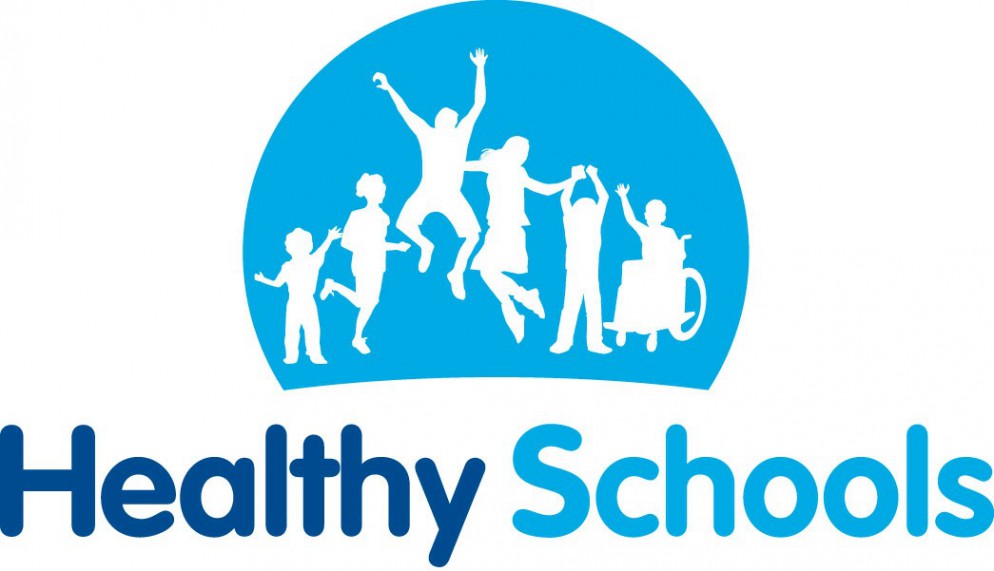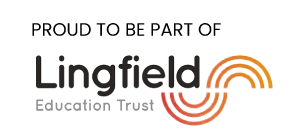At Lingfield Primary School, we value Reading as an essential life skill that empowers children to achieve their full potential. We have high expectations of our children as readers and deliver a curriculum based on Government recommendations.
Below are furhter details of our approach to the teaching of reading and also a copy of the presentation from the meeting we hold for parents at the start of each academic year.
SHARING AND CELEBRATING READING
All children are encouraged to read widely and often and their successes are heralded. Throughout school, teachers share their enjoyment of reading, as well as explicitly modelling the skills required to be a successful reader. We celebrate and foster a love of reading through our many initiatives, such as termly reading challenges, author workshops, library visits, entries into local reading and writing competitions, displays and celebration days such as World Book Day.
EYFS – NURSERY & RECEPTION
In EYFS children are encouraged to foster a love of reading through the sharing of quality texts during shared reading and through planned learning contexts. There is a vibrant reading culture in EYFS with inviting reading areas for children to explore exciting worlds through different genres.
We believe listening is an essential component of phonics and have developed a progressive sequence of activities to develop our children’s listening skills. In Nursery they listen to adults emphasising sounds in speech, share stories orally and aurally and listen to rhyme and alliteration through poetry and nursery rhymes.
This is continued in Reception where children develop a secure knowledge of letter sounds, blending those sounds together to read words. They receive daily phonics sessions using the Sounds~Write phonics programme. Children progress to reading captions and short, phonetically plausible, books based on the sounds they are learning. Throughout this learning process children are encouraged to practise these skills at home. They are given the letter sounds they are learning in school to take home to share with parents and guardians. Once they are ready, children will also take home phonetically plausible reading books, based on the sounds they are learning. In addition to this Nursery and Reception children are given the opportunity to borrow books and story sacks from the class library to share with an adult.
During the week, adults work with children both in a group and individually to practice reading skills.
WHOLE CLASS SHARED READING
Teachers will share quality texts with the children, discussing the text and asking focused questions.
In Nursery we introduce wordless books to help develop general book handling and discussion skills.
ONE TO ONE READING
Children read to an adult in school regularly. In these sessions, children are encouraged to use their developing phonic knowledge to decode words and demonstrate understanding of the text.
HOME READING
Parents are expected to play a role in their children’s reading progress by practising letter sounds and blending. Once children have progressed to a reading book, we ask that parents listen to and discuss their book with them at least three times a week. We also send home reading activities based on the letter sound being taught in class. This gives our children the opportunity to show off their newly found skills and to keep parents informed of what we are teaching. Parents are also expected to record these reading sessions in their child’s Reading Record. We aim to change books once a week.
ORGANISATION OF READING BOOKS
In Reception, when the children are ready, we use Dandelion Launcher Synthetic Phonics books to introduce the children to their own reading books. These are aligned with the Sounds~Write phonics programme that we use for teaching phonics and spelling. When staff are changing children’s home reading books, they match the books to the children’s current unit within the Sounds~Write programme or their reading readiness.
To supplement our offering we have also carefully selected some other phonically aligned books so children can experience a broad range of reading texts.
KEY STAGE 1 – YEAR 1 & YEAR 2
Phonics is still a major part of children’s progress in reading at Key Stage 1 and children continue to receive daily phonics sessions using the Sounds~Write phonics scheme.
WHOLE CLASS SHARED AND GUIDED READING
As in EYFS, Year 1 teachers will share quality texts with the children, discussing the text and asking focussed questions until Term 3. In Term 3 they will be introduced to Whole Class Guided Reading as taught in Year 2 – 6.
WHOLE CLASS READING YEAR 2 – Pupils in Year 2 take part in a unit of whole class guided reading every fortnight or so. This involves sessions which focus on looking at a text more closely, discussing vocabulary, answering a variety of questions and developing inference skills.
ONE TO ONE READING
Children read to an adult in school regularly and we have a wonderful group of volunteers who regularly come into school to listen to our children. We’ve found that this is a highlight for the children who are able to share their knowledge and show off their skills with different people. Children who are judged to be working below the expected standard for their age will read more regularly. In these sessions, children are encouraged to use their phonic knowledge to decode words and demonstrate understanding of the text.
HOME READING
Pupils regularly take home books to read in order to develop their growing phonic knowledge and fluency. Again, parents are expected to record these reading sessions in their child’s Reading Record. We aim to change books once a week.
We strongly believe you can never read too much so alongside their ‘school reading book’ children also take home a ‘reading for pleasure’ book. These are selected by the children themselves and can be changed as often as they wish. These are quality picture books and other titles (sometimes titles which the teacher has read in class) which the children can share and enjoy with their families without the ‘pressure’ of having to ‘read’ in the usual sense.
We also send home reading activities based on the sound/s being taught in class. This gives our children the opportunity to show off their newly found skills and to keep parents informed of what we are teaching.
ORGANISATION OF READING BOOKS
School reading books are carefully selected to match the children’s individual phonics knowledge and reading ability.
Books children take home include those from publishers Sounds-Write, Dandelion, Oxford Reading Tree, Project X, Collins Big Cat and Songbird, amongst many others that teachers have deemed appropriately matched.
These books have been organised to expose children to the letter sounds and spelling strands the children are learning in their phonics sessions and in class. This ensures that when staff are changing children’s home reading books, they are matching the books that they read to their reading abilities. Children will work at their own pace through the books only moving on when teachers feel they are ready to progress. Movement through these books is not only dependent on the ability to decode but also on being able to show an appropriate comprehension of texts they meet. They will be encouraged to read a variety of different text types e.g. fiction, non-fiction, poems, play-scripts etc.
In Key Stage 1 children are assessed termly to check not only their ability to decode and comprehend texts but also to highlight any areas that children may need to work on before moving on. Those who are not making expected progress will access reading intervention sessions.
KEY STAGE 2 – YEAR 3 TO YEAR 6
WHOLE CLASS GUIDED READING
As with pupils in Year 2, children in KS2 read with the whole class regularly. A unit of whole class guided reading is covered every fortnight or so. This ensures that children are immersed in a text and involves sessions which focus on looking at a text more closely, discussing vocabulary, answering a variety of questions and developing inference skills. These sessions last for around 30 minutes each.
ONE TO ONE READING
All pupils in KS2 will read as part of their whole class session or with an adult in school. Pupils who are deemed to be falling behind in relation to age-related expectations will read more often and be involved with extra reading interventions. All children will be encouraged to read widely and foster a love of reading through our many whole school initiatives such as, our termly reading challenges. Our teachers and support staff monitor home reading for every child, every week in order to encourage them to read and to motivate them in completing our reading challenges.
HOME READING
In Key Stage 2 children are expected to read at least three times a week at home with an adult; parents are expected to write a comment in the children’s Reading Record. As children progress through the Key Stage, we encourage them to write their own comments and complete book reviews.
As in Year 2 children in lower KS2 can also choose a ‘reading for pleasure’ book to take home. This gives them access to the wonderful variety of picture books and other genres which are available in school.
In upper KS2 the teachers have a Recommended Reading library which again fosters a love of books and titles and encourages children to talk about shared titles with the children’s teachers.
ORGANISATION OF READING BOOKS
Books throughout Key Stage 2 are banded into colours. Children obviously progress at different rates but in Key Stage 2 we would roughly expect children to be reading books from the following colours:
Year 3
| Lime | Brown |
| Year 4 Grey | Year 5 Blue | Year 6 Dark Pink |
Within each band we have a full range of books to ensure that our pupils are accessing age-appropriate books. These books are by a range of different authors but have been carefully matched to the bands to ensure they are appropriate.
Children will work at their own pace through the bands only moving on when teachers feel they are ready to progress. Movement between bands is not only dependent on the ability to decode but also on being able to show an appropriate comprehension of texts they meet. They will be encouraged to read a variety of different text types e.g. fiction, non-fiction, poems, play-scripts etc.
In Key Stage 2, children are also assessed termly. This is to check not only their ability to decode and comprehend texts but also to highlight any areas that children may need to work on before moving on. Those who are not making expected progress will be able to access smaller group reading interventions.
English Team – Sept 2023
